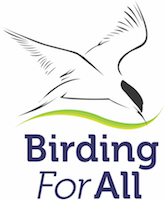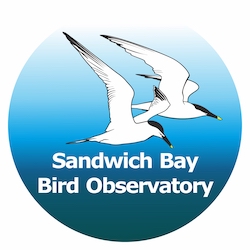GOB 17 – For Birds, For People, for goodness sake!
This article appeared in Bird Art & Photography
I hold these things to be self-evident – to conserve wild birds and wild places the whole population must learn to love them. If you want people to share our fascination with, and awe for nature, then they must be encouraged to experience that wonder.
In the tiny island of Majorca every school child must visit their premier nature reserve every year as part of their education.
If the UK adopted this practice what would youngsters remember most about their visit? Well some, like you and I, would rave about rapacious raptors or hardly hide their emotion when describing the thrill of seeing two thousand geese take to the air together. Sadly, however, many more would recall the cold mud, the long boring walk across barren fields or the spectacularly smelly toilets with leaky cisterns wetting the floors.
I doubt they would experience the sheer luxury of a WWT centre – the entry fees would be off-putting and, anyway, the centres are few and far between. Most kids would be hauled along to their local RSPB reserve or one barely managed by English Nature or a local conservation group. Pick one of these at random and you may find a nice centre with good facilities but more likely they will have no facilities at all or will have a terrific shop and terrible toilets!
Of course most conserved countryside is under-financed and organisations have to choose between spending money to save birds or to make people comfortable. However, unless more is spent making conservation a comfortable experience for the yet-to-be-converted it will remain irrelevant to them.
I was only recently enlightened that the ‘World Series’ of baseball was not named from US chauvinism, but after its sponsor ‘The World’ magazine. So perhaps the ‘World Birding Centre’ in Texas does not warrant the wry smile it invokes in out-of-state visitors. No matter, as its people facilities are superb. Every effort is made to make a visit comfortable, safe and positive.
Hawkeye [my wife] and I recently visited McAllen, Texas (12th safest out of 379 cities in the US!) We visited the ‘World Birding Centre’ at Estero Llano Grande on an unseasonably cold, wet day, shivering in our summer clothes. We chatted to centre staff on the deck overlooking the Ibis Pond full of wildfowl and waders, with migrants lingering in the surrounding scrub. I was excited by a close encounter with a Cooper’s Hawk and the stunning colour of my second ever Vermillion Flycatcher when Maggie joined me on the deck with a smile beaming from beneath her plastic hood and excitedly announced “they have heated toilets!”
Maggie has travelled the world with me to fulfil my craving for new birds and even braves places where there might be close encounters of the arachnid kind – such is her love of birds that she battles even this ultimate phobia. Yet, rather than be impressed with a Cinnamon Teal or a Green Jay, the highlight of her WBC visit was a short sojourn in a spotlessly clean, sweet-smelling and above all warm ‘restroom’.
Texan conservationists do not rely on government money or National Lottery handouts to create or conserve places for the birds. Every cent has to be raised whether it be for a wetland or a dry visitor centre, and not from exorbitant entry fees.
On a recent visit to an independent reserve in the UK (i.e. not an outpost of a large national conservation body but one man’s dream made reality through fund-raising by local volunteers) I found that they too had created first class toilets and visitor facilities. Moreover, they heated the place with solar panels and their wind turbine met their power needs.
If Texans can budget for first-class people facilities as well as turning what was an agribusiness wasteland back into a wonderful wild wetland then so can we all! If a bunch of amateur birders can get it into their heads that you have to attract visitors if you want to spread the word then surely the big national bodies can too!
Potential birders do not have to paddle in accidental wetrooms, nor freeze in unheated visitor centres. Fledgling conservationists can be comfortable without bankrupting voluntary organisations! To promote birds we need to see to people’s needs. Wake up English Nature, heads up RSPB, come on you county clubs and local initiatives – you HAVE to look after the visitors if you want to make conservation a higher priority for the nation.





